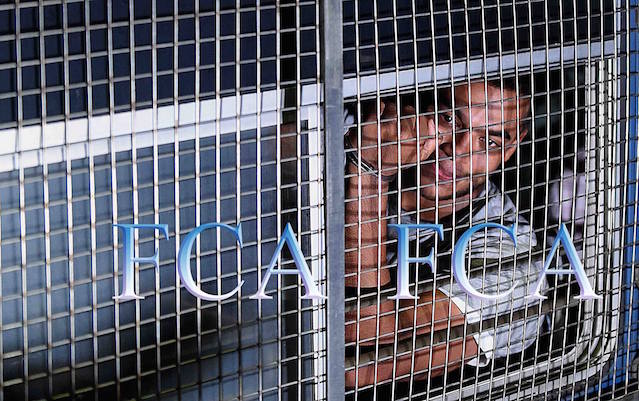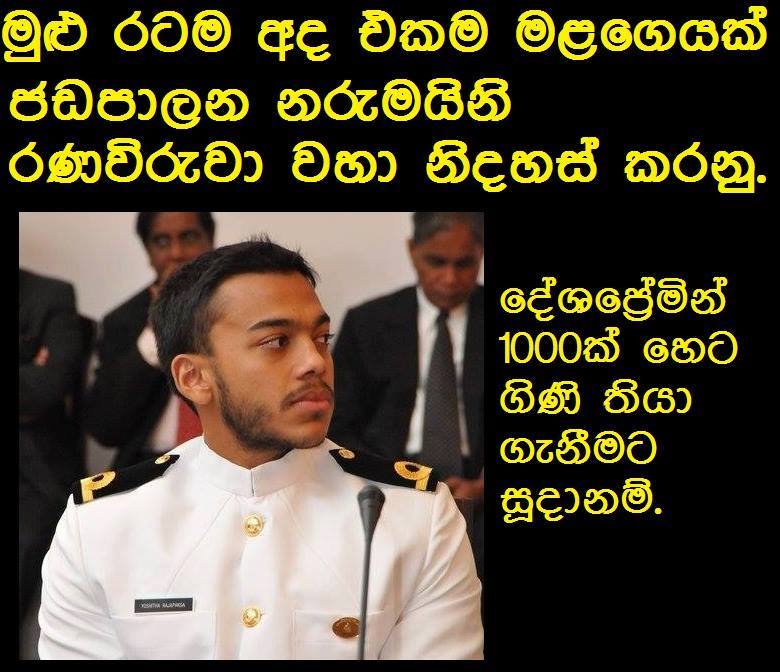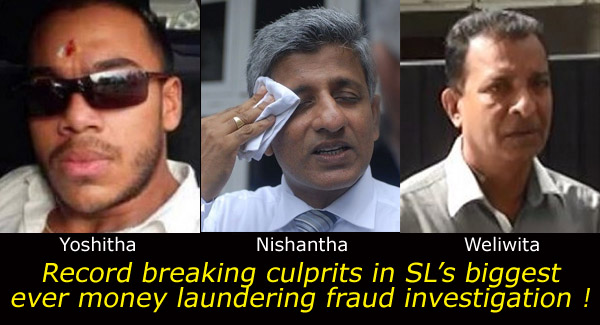TNA Demand for Federalism is Reasonable

There should be political commitment on the part of the leaders to take Sri Lanka in a new non-antagonistic direction. People have suffered enough. There should be measures and efforts for public awareness and education, both in the South and in the North on these and related matters. After all, the demand for federalism on the part of the TNA or any other is not a monster or ‘Gona Billa.’
( January 31, 2016, Sydney, Sri Lanka Guardian) The demand for federalism coming from the Tamil National Alliance (TNA) is reasonable. The question is how best to accommodate it within the existing realities. In my view, it could best be accommodated within the rubric of devolution.
It is not only from the Tamil community that the demand has come from. The first to demand federalism was the Kandyan Association in 1927. The founder of the SLFP, SWRD Bandaranaike was a firm advocate of federalism in the 1930s. There were more specific reasons for the founder of the Federal Party (FP), SJV Chelvanayakam, to demand federalism in 1949.
Some Reasons
With the deprivation of citizenship and franchise of the plantation Tamil community in 1949, a threat was perceived to the Tamil community in general. That was the genesis of the federal demand today, and the perception was not incorrect judging by the experiences of the 1950s and thereafter.
The demand for a separate state is a different one although the ‘federalists’ capitulated to that extremist demand under the heat of the events or circumstances. Otherwise, the demand for federalism cannot be considered an extremist demand. As separatism is now defeated, it is reasonable to consider the demand for federalism in an amicable manner.
Can there be risks? There can be risks but those can be minimized or shielded. This is where compromises are necessary.
There are ‘thousands’ of reasons why separation should be avoided in Sri Lanka. It is purely unnecessary. It will be a disaster for all communities. As human beings, the Sinhalese, the Tamils and the Muslims should be able to live amicably. But it should not be under the rule or hegemony of the majority Sinhalese. The fact that the Sinhalese are the majority in the country is a reality. That should not be misused. With that majority status, the Sinhalese have more responsibilities. The rights of the minorities should be safeguarded.
The Sinhalese should not have a ‘minority fear’ just because there are more Tamils in South India or elsewhere. Terrorism undoubtedly was a threat. This is something that the Tamils also should understand. If not for terrorism, reconciliation could have been easier.
Human rights awareness in the country appears to be quite low. That is one reason for the hostile and antagonistic situation. Human rights awareness allows people to shed their narrow tribal or ethnic feelings. Awareness of human rights motivates people to respect others equally without discrimination or distinction.
Federalism is not a monster or a ‘Gona Billa.’ It is basically a constitutional system. There is no single form of federalism. There are many forms. It is not about the name, it is about the structure and the system of governance. It is akin to our ancient system of ‘Manda-la,’ – within an overall system with a centre (‘Manda’), the existence of different units (‘La’).
Overseas Experiences Read more>>>







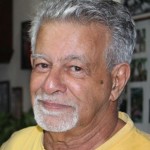

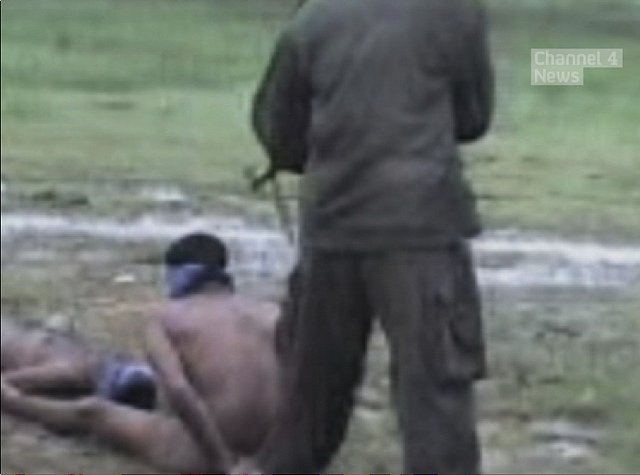

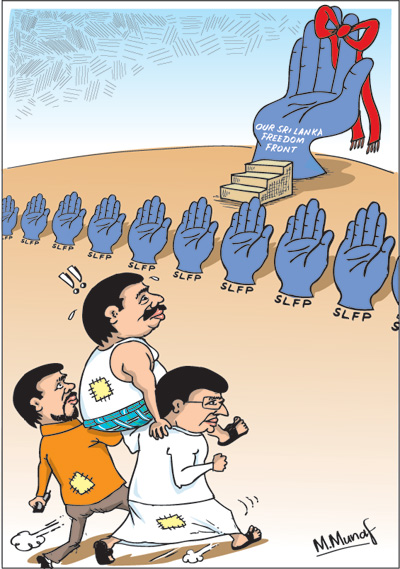

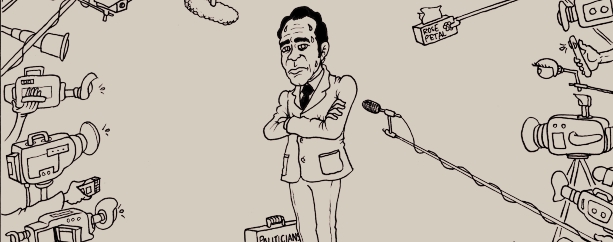

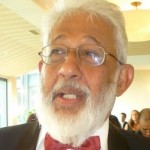
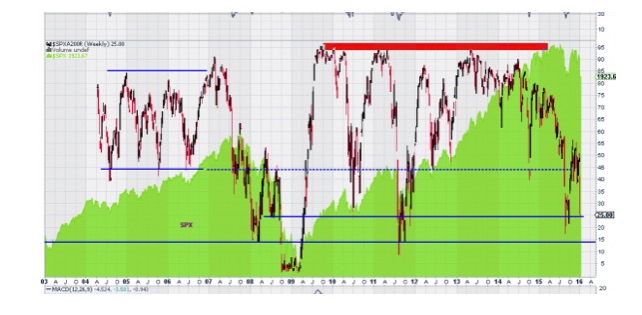
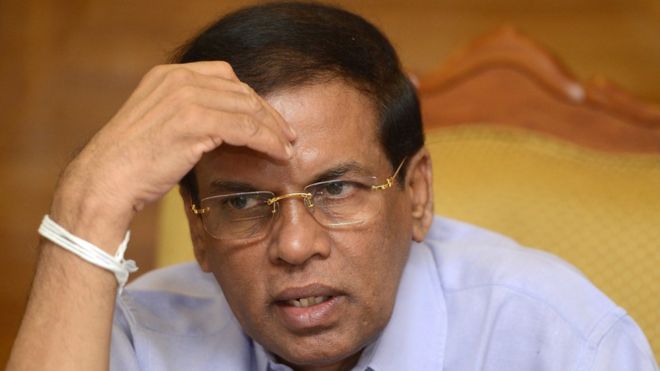
-ksn-1.jpg)

